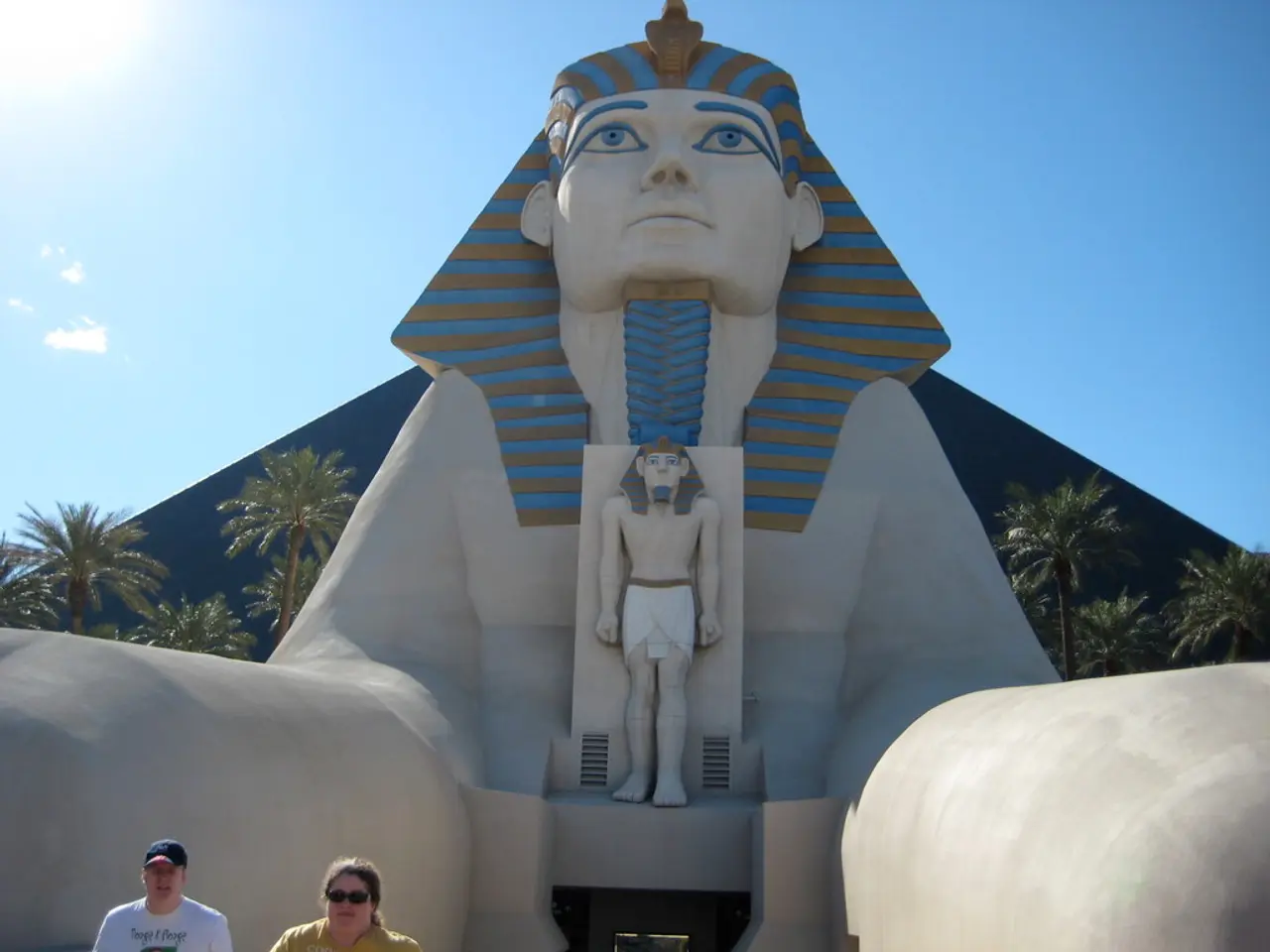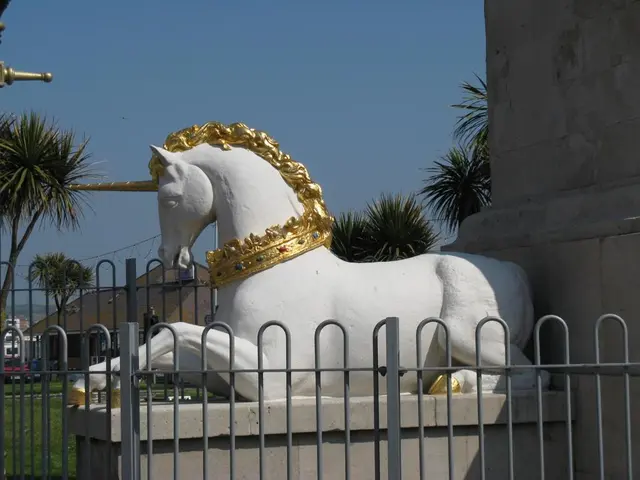Egypt's Open Elections Bar Independent Unionists, Sparking Quota Debate
Egypt's recent open parliamentary elections have seen dozens of independent unionists barred from running due to classification issues under the existing trade union law. Despite the law's 50% quota for 'workers and farmers', activists argue it fails to ensure genuine representation.
The elections, held amidst diverse political parties like the Muslim Brotherhood's Freedom and Justice Party and the liberal New Wafd Party, have seen independent candidates struggle. The Qalyubiya Administrative Court allowed worker candidates to receive classification from independent unions, but the issue remains unresolved elsewhere.
President Gamal Abdel Nasser introduced the worker and farmer quota in 1964 to empower the working class. However, its effectiveness is debated. Labor activist Kamal Abbas agrees the quota does not guarantee genuine representation, while first-time candidate Mohamed Zakariya supports it, expecting better future representation. Farmer candidate Walaa Ezzat believes the quota should prioritize genuine workers and farmers, not those backed by ruling forces. Left-wing activist Shahinda Miqlad expects large landowners to dominate farmer representatives.
Egypt's first open parliamentary elections in recent history maintain the worker and farmer quota, despite debates over its effectiveness. Independent unionists face classification barriers, with the issue partially resolved in Qalyubiya. The quota's future impact on genuine worker and farmer representation remains to be seen.
Read also:
- United States tariffs pose a threat to India, necessitating the recruitment of adept negotiators or strategists, similar to those who had influenced Trump's decisions.
- Weekly happenings in the German Federal Parliament (Bundestag)
- Southwest region's most popular posts, accompanied by an inquiry:
- Discussion between Putin and Trump in Alaska could potentially overshadow Ukraine's concerns








